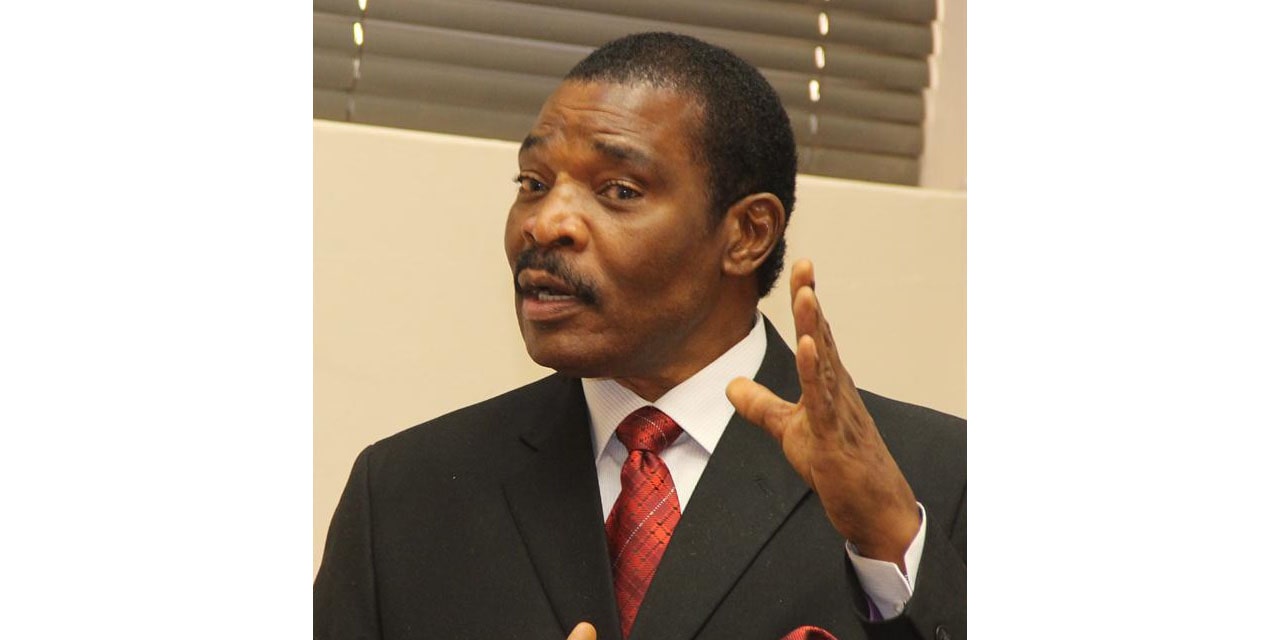Joseph Diescho
The consternation or unhappiness about the appointment of brother Julius Hamunyera Hambyuka (Mukwanzadi) as ‘governor’ of Kavango East is not about rejecting him as a person or impugning the decision of the President who has the prerogative to appoint ‘governors’ under the current laws. The unhappiness is about the bigger picture of Namibian Democracy and Popular Political Participation. It reveals the awkward context of Kavango political participation in Namibian politics. The reality in which this appointment took place is most unfortunate. Here is why:
The appointment of these so-called governors in the 35 years old Namibia must be seen in the context of failed decentralization of political power. The intention in Tatekulu Sam Nujoma’s Era was to take power to the people instead of overcentralizing it to the President in Windhoek. Hence Nujoma’s appointment of Chairpersons of Regional Councils as governors, which was to make sure that governors came from the elected councilors in the regions. This changed in Lucas Pohamba’s time when governors were suddenly imposed upon the people and regional councils after regional elections. This change was motivated by Swapo’s fear of losing control of the regions due to two (2) factors. (a) The Caprivi secession attempt. (b) The uncertainty over the Kunene region which was under a non-Swapo governor Dudu Murorua at the time. At this point, Swapo changed course and considered the people’s interests as secondary to Swapo interests. This is the case even now!
It is most unfortunate that the new President, with the best of intentions, considered Swapo interests above the interests of the people in both Kavangos. In other words, if people in these regions were consulted as Nujoma would have done (by consulting traditional leaders and influential Swapo personages on the ground) it is almost certain that different people would have been appointed as governors. It cannot be overemphasized that decisions without the people cannot be about the people.
After the bifurcation of Kavango into East and West, it is expected that consistent with the doctrine of decentralization, political leadership must be drawn from people not only from the regions but known to represent the interests of the people in the regions. There is nothing (zero) in the political leadership track record of Mukwanzadi Hambyuka that remotely demonstrates that he stood for, fought for and spoke out for the people of Kavango East, or West for that matter. He might have served Swapo or uttered words in defense of Swapo. This is neither here nor there and not a mark of leadership deserving of an appointment to represent the people who are constantly ignored and marginalized. This is the very gentleman who last year threatened that Namibian citizens would be barred from entering heaven if they did not vote for Swapo. Now, hell is brought to Kavango East for people who are not Swapo! How can this be defended as a democratic exercise? Namibia is for all citizens not only for those who vote Swapo. And President Nandi Ndaitwah is on record embracing and loving all Namibians, including those who did not vote for her!
The danger with appointments such as this is that those appointed tend to believe that they are beholden to their appointing authorities at the expense of the Namibian people. This is what destroys Afrika in particular and Afrikan democracy in general. With Mukwanzadi Hambyuka imposed on Kavango East and he is some headman in Kavango West, he is likely to treat the region as Swapoland. We already know how certain authorities in Kavango West gave and sold traditional land to Swapo comrades who are not from the region. Imagine how a Mukwanzadi Hambyuka who was rejected in the Swapo-Pot and not elected by either Kavango East or West would dance to the requests of his new gods and give land and rights away to those he believes are closer to the portals of heaven. Aggressive campaigning or decampaigning for people does not make a person a leader. This is an unfortunate appointment that the new President will certainly live to regret.
As a matter of fact, the new parliamentarian, Brave Lukato Martin Lukato is absolutely correct. Governors or whatever they are called, must be elected by the people in the regions. In the final analysis, no political leader, with the exception of traditional Hompas and Fumu, must occupy a position of decision-making UNLESS DIRECTLY ELECTED BY THE PEOPLE. There must be no shortcuts to political leadership in Namibia and Afrika.
Joseph Diescho is a writer and political analyst




